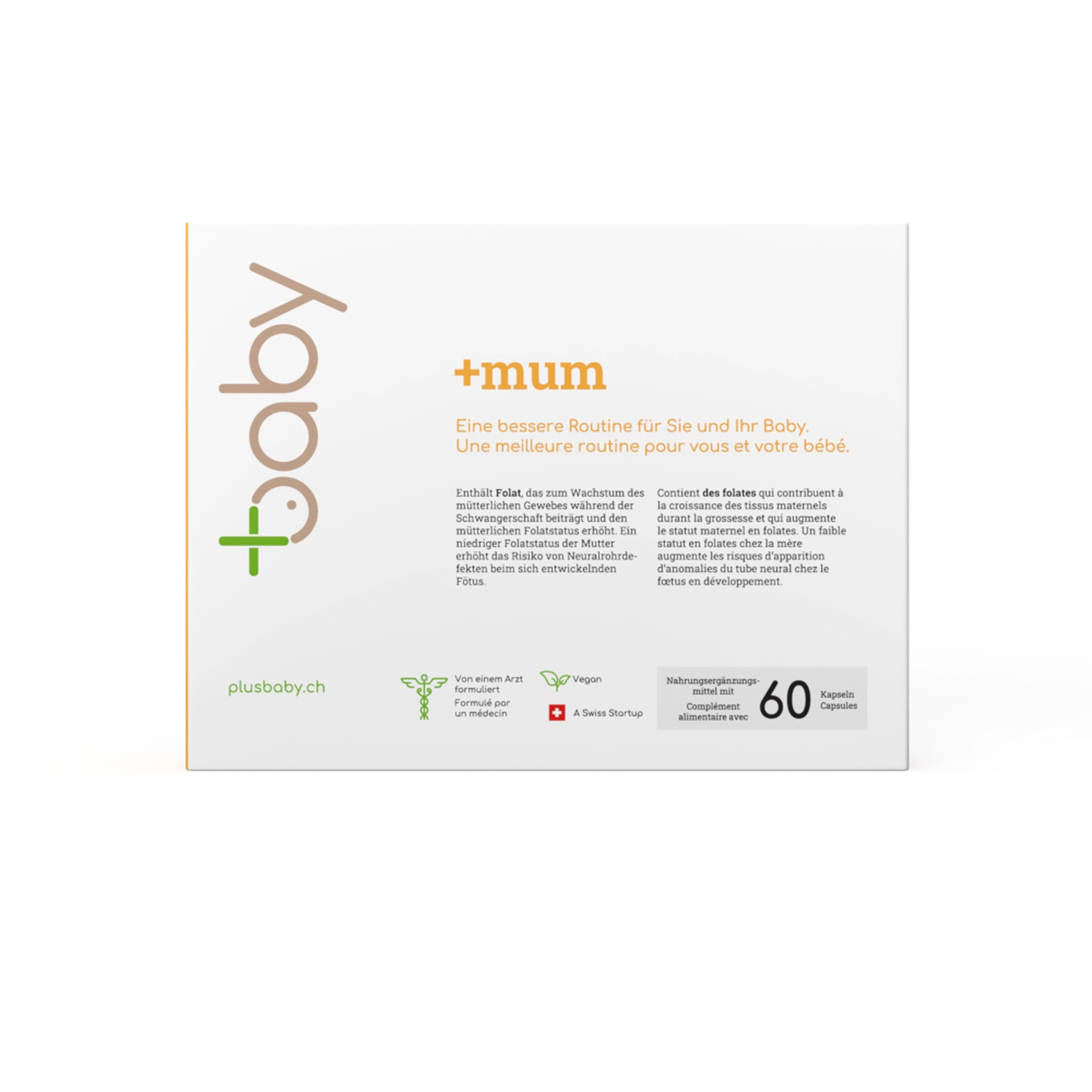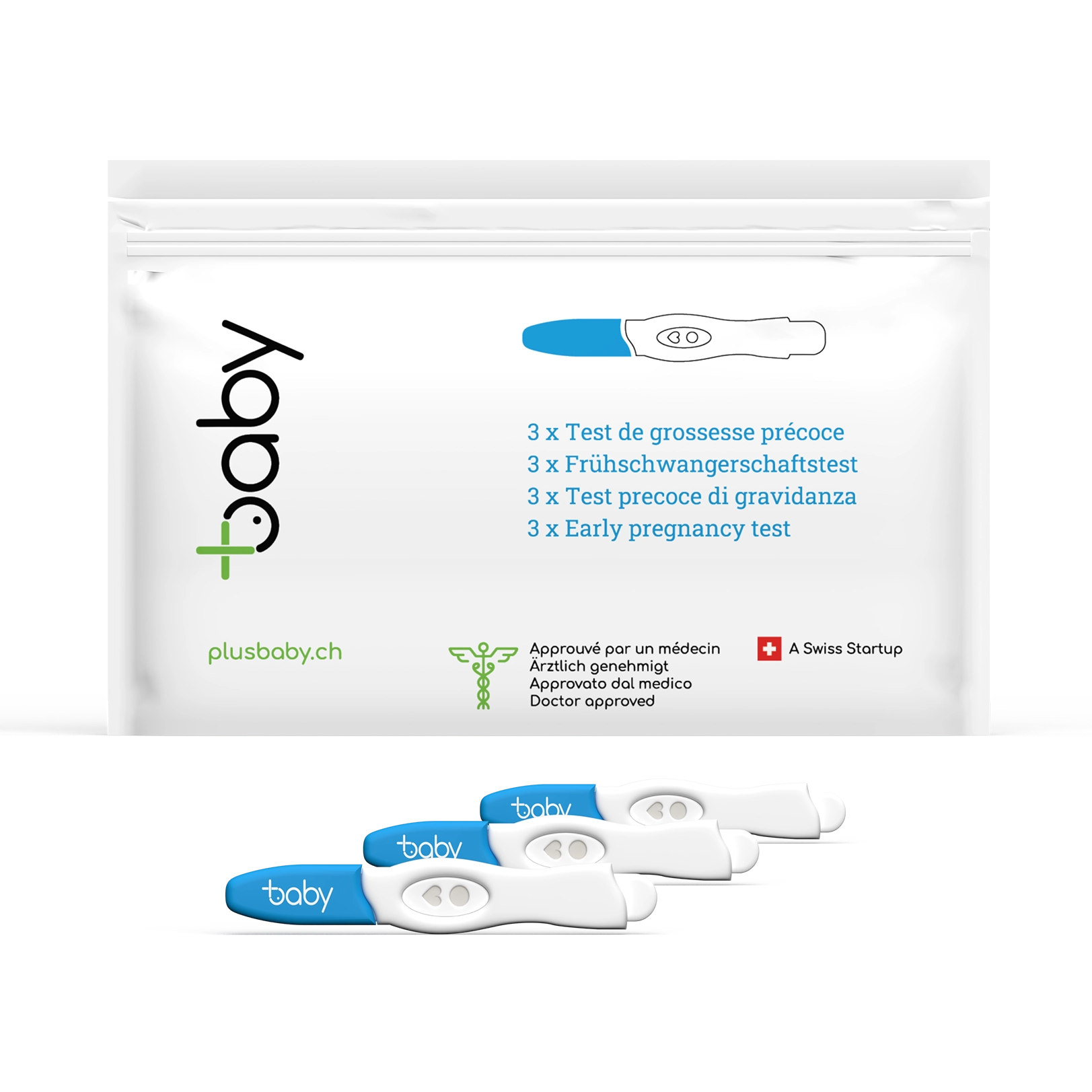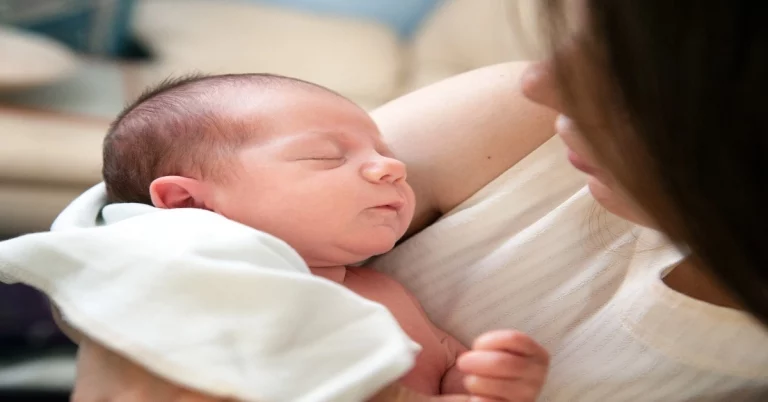Signs of pregnancy can appear as soon as the egg is fertilised
When you’re trying to get pregnant, the slightest headache, the slightest nausea, the slightest sign gives you hope. The first signs of pregnancy can easily be confused with other ailments. Their intensity differs from one woman to another and their occurrence is not necessarily the same in all pregnant women. To give you some idea, we’ve put together a list of the main signs of pregnancy.
What are the very first signs?
Pregnancy is an important event in a couple’s life. Nine months of pregnancy during which a baby forms and grows in your uterus. It’s natural for this new situation to cause some major changes in your body.
Among the very first signs of pregnancy, a delay in menstruation, morning sickness and vomiting are the most common. In fact, 75% of women say they have experienced morning sickness during the first trimester of pregnancy and 50% have experienced vomiting. Some women have morning sickness, others suffer all day.
We have designed an herbal tea especially for pregnancy to relieve morning sickness and digestive problems during pregnancy.
Fortunately, these signs of pregnancy generally stop at the end of the 12th week, but some women will be affected up to the 20th week of pregnancy and even later.
Pregnant women also report other signs of pregnancy, including intense fatigue and drowsiness in early pregnancy. This is explained by the spike in hormones released into your body after fertilisation. These hormones have an effect on intestinal transit and the digestive system too. You may therefore experience strong cravings or, on the contrary, a total repulsion to food. You may also find that you salivate more than usual and sometimes feel sick to your stomach.
Pregnancy can also take its toll on your body during the first few weeks. Even though your belly often doesn’t start to show for at least 3 months, you may notice during the first few weeks that your breasts are getting bigger. They may even be painful. Your bladder starts to act up and you feel the need to pee more often. Or you may feel cramps in your lower abdomen, reminiscent of premenstrual syndrome (PMS).
Can signs of pregnancy be mistaken for something else?
It’s easy to confuse the signs of pregnancy with something else. For example, you may feel nauseous if you eat a poor-quality food or one that you don’t like. Or you may have digestive aversions without necessarily being pregnant.
The only symptom that, in most cases, indicates the start of pregnancy is late menstruation. But if you have an irregular cycle or hormonal imbalance, it’s best to take a pregnancy test to make sure you’re pregnant. Every body has its own way of reacting and the intensity of the signs of pregnancy differs from one woman to another.
The main reasons for all these signs of pregnancy
In a woman’s body, different hormones act regularly on the cycle. When an egg is fertilised, all these hormones are turned upside down. When pregnancy begins, oestrogen levels rise considerably.
These two hormones have an impact on blood flow, blood pressure and bowel movements. They cause nausea, fatigue and drowsiness. Prolactin, another hormone normally present in small quantities in your body, suddenly increases. This hormone stimulates the breasts to produce milk and therefore makes them bigger.
Finally, the characteristic hormone of pregnancy is chorionic gonadotropin hormone or hCG. This hormone, which only exists when a woman is pregnant, is secreted once the egg has implanted in the uterus. It is also the same hormone that is detected by a pregnancy test.
So your signs of pregnancy are closely linked to the hormonal changes at the start of your pregnancy.
I have signs, but am I really pregnant?
Despite all the signs of pregnancy you may be experiencing, there’s no better way of knowing if you’re pregnant in early pregnancy than to take a pregnancy test.
Don’t forget that the conception process is not an exact science. A negative urine test does not always mean that you are not pregnant; it may still be too early to detect the pregnancy hormone or hCG in your urine. Wait a few more days and repeat the test if you have any doubts. Our pack contains 3 tests so that you can repeat the test twice more. We advise you to repeat the test on the day your period is due and/or on your 2nd day of delay. If you have any questions, your gynaecologist can help and reassure you during this delicate process.
















